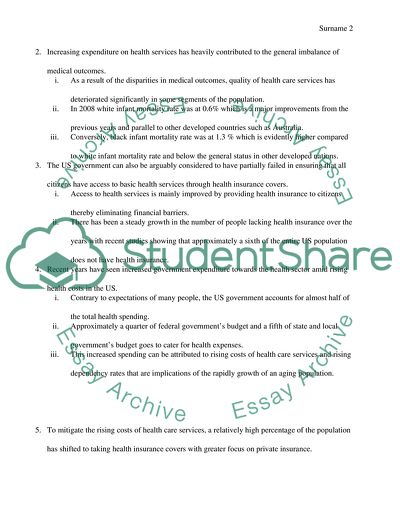HEALTH ECONOMICS AND PRIVATE HEALTH INSURANCE Essay. https://studentshare.org/finance-accounting/1862875-health-economics-and-private-health-insurance
HEALTH ECONOMICS AND PRIVATE HEALTH INSURANCE Essay. https://studentshare.org/finance-accounting/1862875-health-economics-and-private-health-insurance.


